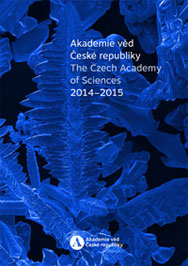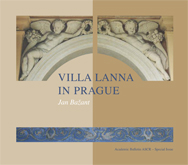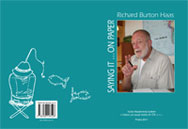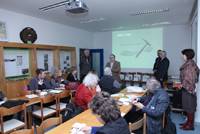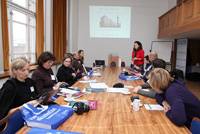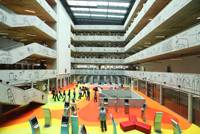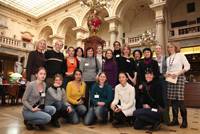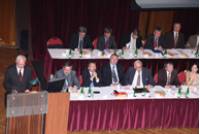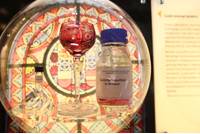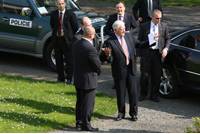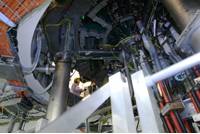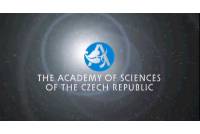ERC at ESOF 2016: New report reveals impact of ERC research
 An independent pilot study, released today at the Euroscience Open Forum (ESOF) currently taking place in Manchester, demonstrates that bottom-up research funded by the European Research Council (ERC) has already had major impacts. Over 70% of projects evaluated in the report have made scientific breakthroughs or major advances. The study concludes that the ERC invests in truly high-risk/high-gain research and that it also contributes significantly to the economy and society at large. The ERC grants have a very positive effect on researchers’ careers, the report states.
An independent pilot study, released today at the Euroscience Open Forum (ESOF) currently taking place in Manchester, demonstrates that bottom-up research funded by the European Research Council (ERC) has already had major impacts. Over 70% of projects evaluated in the report have made scientific breakthroughs or major advances. The study concludes that the ERC invests in truly high-risk/high-gain research and that it also contributes significantly to the economy and society at large. The ERC grants have a very positive effect on researchers’ careers, the report states.
In this independent qualitative evaluation commissioned by the ERC Scientific Council,
high-level peer reviewers analysed the first 199 concluded Starting and Advanced grant projects and
found that the overall impact is very high. More than 70% of the projects have already made
scientific breakthroughs or major advances, whilst about 25% of the projects evaluated have made
contributions that are incremental. Just 4% had no appreciable scientific output. One of the main
findings is therefore that the ERC funds high-risk/high-gain projects, in line with the ambition of
its Scientific Council. The analysis also highlights that a large share of projects are
interdisciplinary, also in accordance with the ERC’s mission.
The study, moreover, found that the impact is not purely scientific. This curiosity-driven
research, completely free of any thematic constraints, also benefits the economy and society at
large: close to 50% of projects already had some apparent impact in this respect and another nearly
10% had a major impact to date. As it often takes time for the results to emerge, it is not
surprising that the experts also estimate that at least three quarters of the research outputs are
expected to have an impact on the economy or on society in the medium or long term.
Other findings of the report include that the ERC grants have a very positive effect on the
careers of the grantees and they also strongly contribute to the consolidation of research teams.
ERC President Professor Jean-Pierre Bourguignon commented: "Just nine years after the ERC’s
launch, this pilot study shows that betting on ambitious high-risk/high-gain frontier research, by
means of peer review, truly pays off. This is crucial for Europe, especially as, not only the
scientific impact, but also the economic and societal benefits are clearly major. I find the
outcome of this ex-post study, the first commissioned by the ERC, very instructive and hope future
exercises of this kind deliver as positive results.".
27 Jul 2016
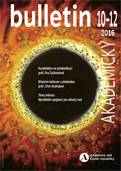

 Česky
Česky


